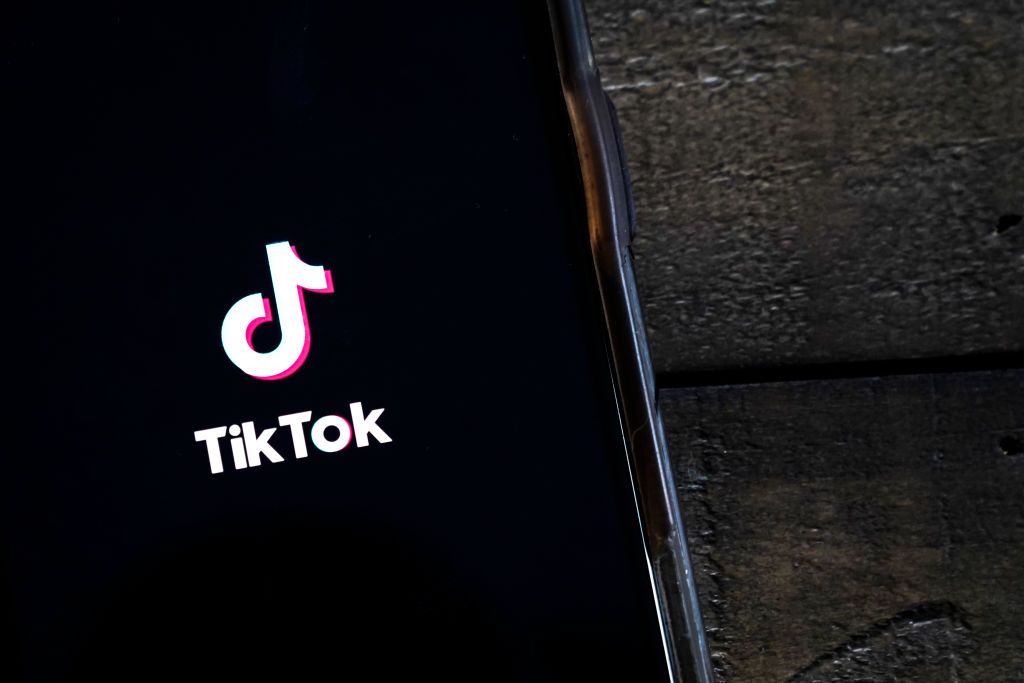Russia blocks Signal messaging app, reportedly plans to block WhatsApp

Russia's telecommunications regulator, Roskomnadzor, announced on Aug. 9 that the messaging app Signal had been blocked due to "violations of Russian law."
The regulator accused Signal, a free and open-source application for secure instant messaging, of being used for "terrorist and extremist purposes."
Earlier, Signal users in Russia complained about problems with the messaging app. It no longer opens without a VPN or other bypass tools enabled, the Russian English-language newspaper Moscow Times reported.
Problems with using the messenger began on the evening of Aug. 8, according to data from the monitoring services Downradar and "Failure.rf". By 6 p.m. on Aug. 8, more than 2,200 users had reported issues with Signal.
Residents of Moscow, St. Petersburg, Krasnodar Krai, Nizhny Novgorod, Samara, Novosibirsk, and Sverdlovsk oblasts, as well as the Russian republics of Bashkortostan and Tatarstan, reported the problems, the Moscow Times reported.
The Russian government has also allegedly begun preparations to block the WhatsApp messaging app.
The messenger may be blocked in Russia this fall, the Russian independent publication Verstka reported on Aug. 9, citing sources at Russian IT company VK, which is developing an application to replace WhatsApp.
Meanwhile, the Russian pro-Kremlin media outlet Gazeta.ru reported in July that the Russian government planned to block YouTube entirely in September, but Kremlin spokesperson Dmitry Peskov denied the supposed plans.
With 93 million Russian users, YouTube has been dubbed the country's "last bastion of free expression and information" amid a sweeping government crackdown on the media and the Internet.
On Aug. 8, thousands of Russian users complained about a massive outage of the YouTube hosting service, saying they could not access the website from Internet browsers.
In April, a Moscow court rejected an appeal from Google's parent company, Alphabet, to cancel a $50 million fine imposed on the company for its failure to delete information that Russia deems to be discrediting its armed forces and promoting extremist content. The accusation is a common description by the Kremlin of any reports contradicting Russian state propaganda.















